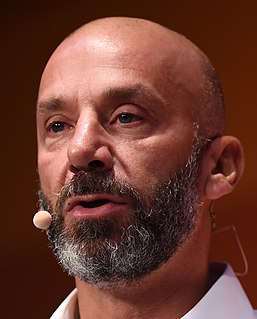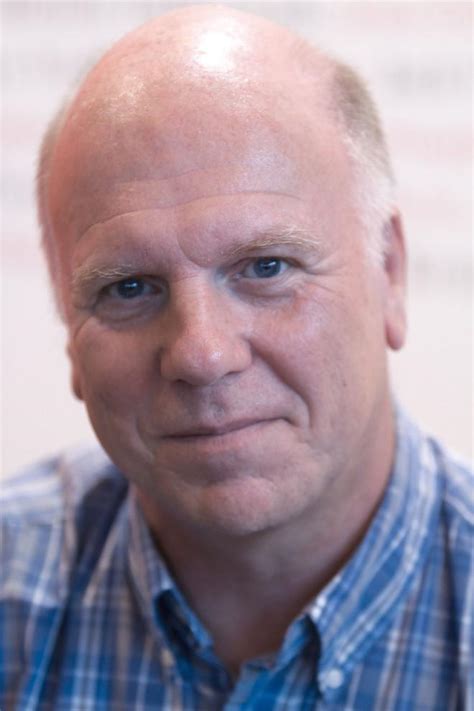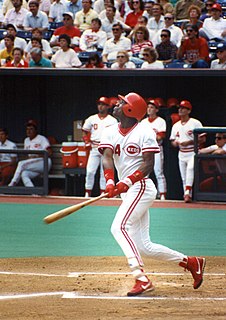A Quote by Eli Broad
To me, unconventional thinking is approaching a problem and asking, 'Why not? Why can't something be done?' If someone can't give me a good reason why you can't do something, I find a way to do it.
Related Quotes
It's far easier to write why something is terrible than why it's good. If you're reviewing a film and you decide "This is a movie I don't like," basically you can take every element of the film and find the obvious flaw, or argue that it seems ridiculous, or like a parody of itself, or that it's not as good as something similar that was done in a previous film. What's hard to do is describe why you like something. Because ultimately, the reason things move people is very amorphous. You can be cerebral about things you hate, but most of the things you like tend to be very emotive.
If I just got up in the morning and had no place to go and was retired or something, I would be sitting there and be thinking, "Gee, what is the purpose of life? Why are we all finite? Why do we get old and die? Is there nothing out there? Why is it so tragic? Why do our loved ones perish? Why do we generate?" Who wants to think about that stuff?
I like newspaper stories that are incomplete, that give me room to imagine the rest. It's no good to me reading about something that's all neatly solved and wrapped up. That's why so many of my stories revolve around human psychology, around why someone commits a certain crime, or series of crimes. I don't profess to know the answers but I like to explore the possibilities.
Beyond all explanations which a good brain can give, why do we choose the worse and not the better, why hate rather than love, why greed and not generosity, why self-centred activity and not open total action? Why be mean when there are soaring mountains and flashing streams? Why jealousy and not love? Why?
A why has to be for others. It's something you give to the world. It's the reason your friends love you because this is the thing that you give them and it fulfills them. This is the reason your clients love you or your fans love you because you give them something. It's something to offer, that's what the why is.

































